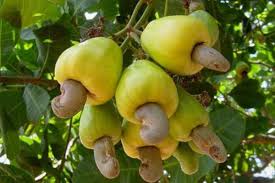Kilimanjaro, Tanzania – September 10, 2025 – Farmers in Kilimanjaro can no longer cut down coffee trees without official permission, following a new directive aimed at protecting the region’s coffee industry and increasing production.
The announcement was made during the launch of the Kahawa Festival 2025, where the Chief Executive Officer of the Tanzania Coffee Board (TCB), Primus Kimaryo, briefed Kilimanjaro Regional Commissioner Nurdin Babu about the current state of coffee farming in the region.
According to TCB, Tanzania’s coffee production has risen significantly — from an average of 60,000 tonnes to more than 80,000 tonnes annually — thanks to government initiatives and renewed interest in the crop.
Kimaryo said that cutting down coffee trees without regulation threatens these gains. The new rule will require farmers to seek official approval before removing old or unproductive trees, ensuring that replacement seedlings are planted to maintain production levels.
“Coffee is one of Tanzania’s leading cash crops and a key source of foreign exchange. Protecting coffee trees is crucial for the economy, farmers’ income, and the country’s reputation in the global market,” Kimaryo emphasized.
Regional Commissioner Nurdin Babu praised the efforts of farmers and urged them to embrace modern farming practices, including proper pruning and use of improved coffee varieties, to further boost yields and improve quality.
The Kahawa Festival 2025 brought together farmers, exporters, and coffee stakeholders to showcase innovations, share knowledge, and discuss market opportunities.
Coffee is Tanzania’s fourth-largest export crop, employing hundreds of thousands of smallholder farmers, most of whom live in regions such as Kilimanjaro, Arusha, Mbeya, and Ruvuma.
The government hopes that stricter regulations, combined with training and market support, will push production beyond 100,000 tonnes per year in the coming seasons, making Tanzania more competitive in the international coffee trade.



